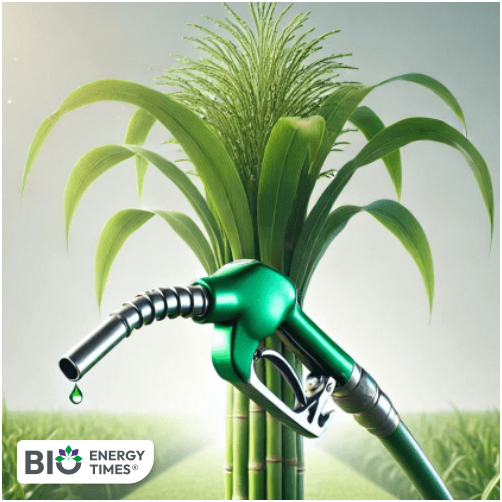The Union Ministry of Petroleum and Natural Gas has written to the Punjab government, urging it to reconsider the regulatory fee introduced in the state’s excise policy on ethanol production, reported The Indian Express.
In a letter dated April 8, Praveen M. Khanooja, Additional Secretary in the ministry, addressed Punjab Chief Secretary KAP Sinha, expressing concerns over provisions in the Punjab Excise Policy 2025–26 that may hinder the free movement of ethanol and increase the cost of ethanol-blended petrol.
The letter, accessed by The Indian Express, reads that it has been brought to the Ministry’s notice by Oil Marketing Companies (OMCs) that as per the excise policy of Punjab state, there is a substantial increase in the license fee, annual renewal fee and capacity enhancement fee for Distilleries (Part D, Para 6 a & b of Punjab’s Excise Policy). Also, Para 29 ‘Regulatory fee on ethanol’ of the Policy makes a provision to levy Regulatory Fee (Ethanol Permit/Pass fee) @ Rs. 1 per Bulk Litre.
Such levies could adversely impact the ethanol blending programme by raising fuel costs and creating logistical hurdles. It noted that ethanol blending has increased significantly—from 1.5% a decade ago to over 18% currently—with the country on track to achieve the 20% blending target by the Ethanol Supply Year (ESY) 2025–26.
Punjab, the letter notes, has played a key role in this progress, having achieved an 18.8% blending rate in ESY 2024–25 as of March 2025. The state is also witnessing growth in dedicated ethanol production facilities, contributing to job creation and strengthening the circular economy.
“The increased fee in the Excise Policy 2025-26 is likely to increase the cost of ethanol blended petrol, affecting the viability of ethanol producers/suppliers and OMCs. The provision to levy Regulatory Fee (Ethanol Permit/Pass fee) in Excise Policy may restrict free movement of ethanol within and outside the state, which will increase the cost of ethanol blended petrol,” the letter states.
The ministry has urged Punjab to review the excise policy and reconsider any levies on ethanol production, transportation, or consumption. Doing so, it says, would help facilitate the smooth supply and movement of green fuel, benefiting both the environment and the farming community.
Officials from the ministry have reiterated that reaching the 20% blending target would reduce dependence on fossil fuels, cut greenhouse gas emissions, and support India’s broader climate commitments.














